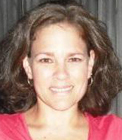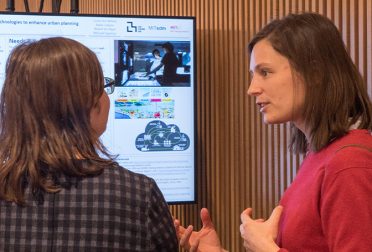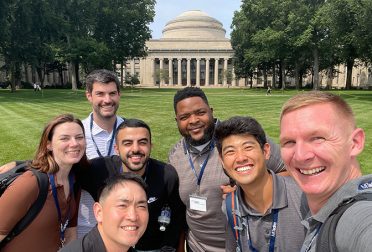MIT SDM Systems Thinking Webinar Series
Christine Miyachi, Software Systems Engineer and Architect, Xerox Corporation; SDM Alumna
Christine Miyachi, SDM ’00
Date: October 31, 2016
Download the presentation slides (pdf)
About the Presentation
Why do overly complicated systems occur more frequently than simple ones?
In this webinar, MIT SDM alumna Christine Miyachi, software systems engineer and architect at Xerox Corporation, will discuss how to recognize the signs of overengineering and how to prevent it. She will
- define overengineering and discuss why it occurs;
- provide examples of simple and overengineered systems;
- share lessons learned about what worked well and what could have been improved in these systems; and
- discuss the roles of courage, prediction, and serendipity in creating beautiful, simple systems that can stand the test of time.
A Q&A will follow the presentation. We invite you to join us!
About the Speaker
Christine Miyachi is a software systems engineer and architect at Xerox Corporation with almost 30 years of experience working for startup and large companies. She holds several patents and writes a blog about software architecture. She holds a BS in electrical engineering from the University of Rochester and two master’s degrees from MIT: an SM in technology and policy/electrical engineering and computer science and, as an SDM alumna, an SM in engineering and management. She is currently the chair of the IEEE Cloud Computing Steering Committee.
About the Series
Sponsored by the System Design & Management (SDM) program at the Massachusetts Institute of Technology (MIT), the MIT SDM Systems Thinking Webinar Series features research conducted by SDM faculty, alumni, students, and industry partners. The series is designed to disseminate information on how to employ systems thinking to address engineering, management, and socio-political components of complex challenges. Recordings and slides from prior SDM webinars can be accessed here.




